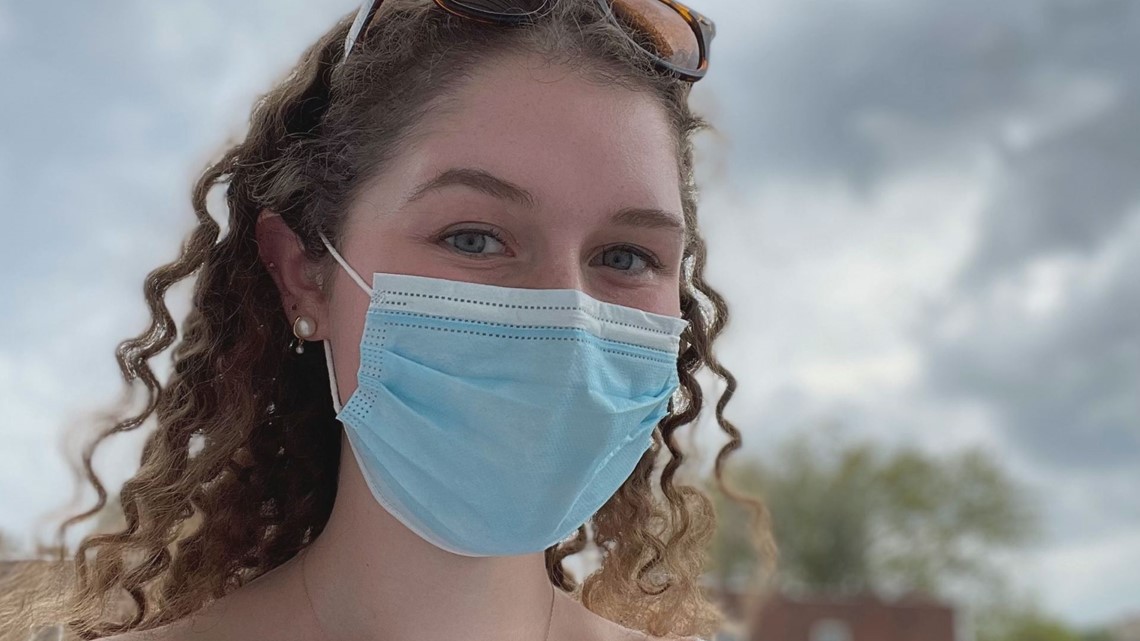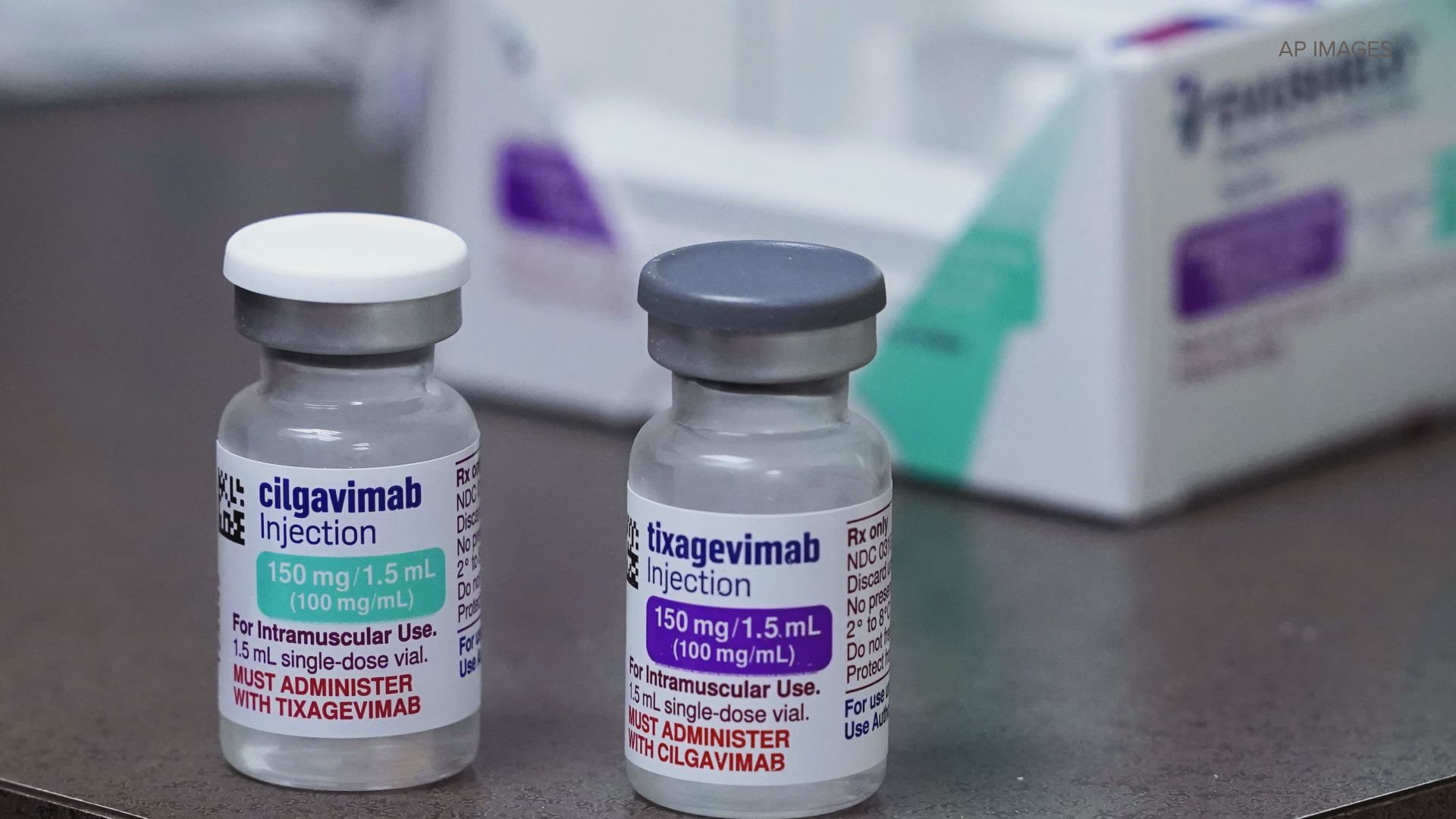ST. LOUIS — While COVID-19 cases are again on the rise, mask mandates have been stripped away.
Dr. Farrin Manian, the chairperson of the Department of Medicine at Mercy St. Louis, said "the number of people that are in a hospital has been relatively stable, although I think compared to a couple of weeks ago, I think we're seeing just a few more.
"I think the number in the community has definitely gone up compared to three four weeks ago. There's increased transmission of COVID in the community."
For the most vulnerable, their chances of getting the virus are now even higher.
That's why St. Louisian Lily McMorrow has her guard up, as masks go down.


"It's still a really, really scary time. I am immunocompromised. I take immunosuppressant medication. I also take steroids and B-cell depletion therapy I have autoimmune myocarditis, so I've been on those medications for about four years."
McMorrow said the lack of masks is scary.
"Knowing that people are starting to take off masks when they go on airplanes and things like that, for me, that means that I won't be able to travel. I'll have to be extra careful because my community isn't being extra careful for me," she said.
McMorrow, 24, knows she can't risk it.
"I actually didn't produce very many antibodies to the vaccine, and I caught COVID after being fully vaccinated in December and I was hospitalized. Even after that infection, I didn't produce any antibodies, so I have very little protection," she said.
However, a new COVID-19 therapy is giving McMorrow a new sense of hope. She called Evusheld "probably the most exciting thing that has happened for a while."
Evusheld
Dr. Alfred Kim, a physician at Washington University School of Medicine, wants to make sure people know about Evusheld.
The therapy is a pair of monoclonal antibody injections designed to prevent COVID-19 in immunocompromised people.
"Clinical trial data showed that there was about a 77% reduction in infection rates given Evusheld. This is not meant to be a substitute for the vaccine; this is to help amplify the pre-existing vaccine responses, which still are probably going to be attenuated, so again this fills in that gap," Kim noted.
McMorrow received her dosage earlier this month.
It's empowering her with a better fight paired with some relief.
"It has definitely given me a little bit of peace of mind," McMorrow said.
Kim said to ask your physician if Evusheld is right for you. He recommends asking sooner rather than later.
That's because White House officials recently announced that the purchase of additional doses may be scaled back without new federal funding.
Precautions to take
Manian recommends for those most vulnerable to wear a mask, especially indoors.
"What if nobody else has a mask on and if I put my mask on, is it still going to be effective? The answer is yes. You may not be as effective as both parties actually wearing masks," he said.
He suggests a stronger mask and try being outdoors, if possible.
"We really can still reduce our chance of getting COVID, and that's by doing the things that we did at the very beginning of the pandemic. We said mask up, social distancing, wash your hands, and I think those basics of public health still need to be practiced," Manian said.
Dr. Farzana Hoque, a SLUCare hospitalist at SSM Health SLU Hospital, echoed the same message.
"Immunocompromised patients, they are definitely very delicate. I will highly recommend to use masks. Definitely hand washing if you are having any kind of symptoms or taking care of patients who are having any symptoms," Hoque said.
Hoque said people inside the hospital are still wearing masks.
"We are still wearing the mask because our protection is the main priority. So wear the mask ... because masks prevent the infection."

